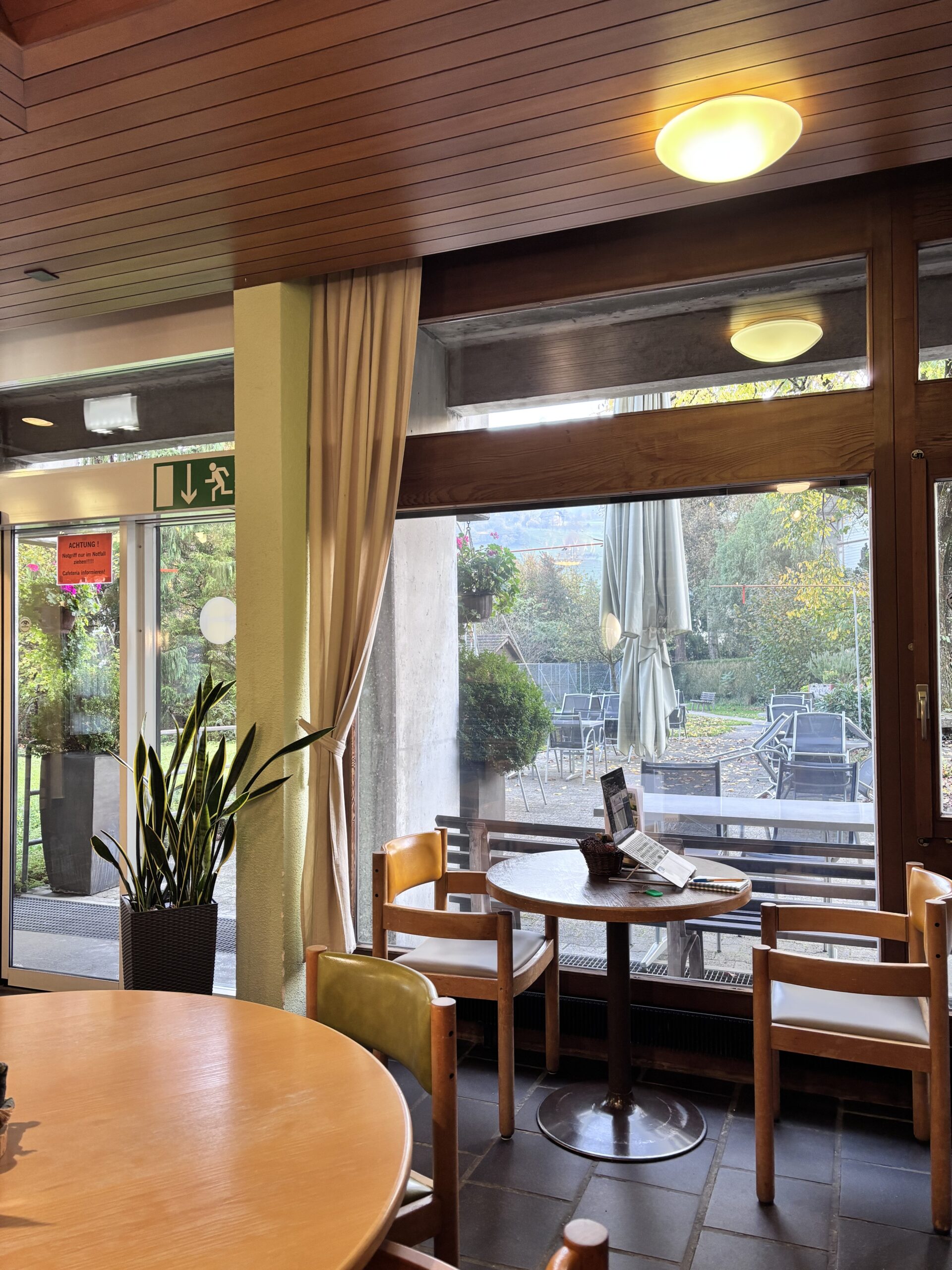Artificial intelligence (AI) is revolutionizing every aspect of our lives, transforming the way we live, work, and interact. The travel industry is no exception. AI is being increasingly used to improve our travel experience and it’s making travel easier, more personalized, and enjoyable.
From helping us plan an itinerary, book hotels to navigating unfamiliar places, AI currently has a significant impact.
Two of the most important uses of AI in travel are chatbots and virtual assistants. They’re changing the way travelers interact with travel companies, travel portals and apps. AI technologies such as machine learning, natural language processing, and robotic process automation are also being used to improve various aspects of the travel industry.
So, how can AI help?
Travel Planning: Going on a trip involves a lot of planning regarding which places to visit and how to fit them all within a limited schedule. AI can help in making the perfect trip itinerary in no time. AI-powered travel platforms and apps such as Google Trips, Expedia, Skyscanner, Tripit and Booking.com comb through historical data about your preferred destination, analyse your budget, and offer personalized recommendations like flight bookings, hotels, sightseeing spots, and other activities.
Virtual Assistants and Chatbots are commonly used customer service AI tools that have replaced human agents. These are integrated into travel apps to enhance customer engagement, address queries, and provide vital travel information. Virtual assistants like TripCase and TravelBank can help travelers with flight bookings, check-in processes, flight status updates, and even handling payments. Many hotels now use virtual assistants to answer pre-booking queries and manage guest requests during their stay.
For even better customization, you can use generative AI technologies such as Gemini, Meta AI, and ChatGPT. Just ask questions like, “I am planning a 4–5-day trip to Athens. What are the top places to see and what other activities to try?” or “Help me plan a weekend trip to Miami” and you get a tailored itinerary, complete with details for each recommended activity. The more detailed and specific inputs and queries you provide, the more accurate and relevant the AI assistant’s responses will be.
AI tools also consider factors such as weather and traffic while chalking out a trip plan. AI-powered travel apps like Hopper and Hipmunk can analyse previous data and real-time trends to predict the best time to book flights and hotels.
Use of Robots are also becoming more common in customer service, which shows how much AI is advancing in tourism. Many airports and hotels now use robots to help guests. For example, London Heathrow has a robot that guides passengers around the terminals. The Hennna Hotel in Nagasaki is the first hotel in the world staffed entirely by multilingual robots who handle check-ins and check-outs. ‘Connie,’ is another one that helps guests at the Hilton McLean hotel in Virginia.
24/7 Availability: While planning a trip or during travel, people often need immediate help, making round-the-clock service essential. AI chatbots meet this need by providing continuous service, unlike human agents who need breaks and rest.
Travelers can get instant answers to questions about bookings, cancellations, or itinerary changes anytime.
AI chatbots are also capable of managing emergency situations, such as rebooking missed flights or addressing sudden travel disruptions.
Real-time Language Translation: One of the most challenging parts of traveling to a new country can be language barrier. Apps like Google Translate and iTranslate now use AI to provide real-time language translation, helping travelers to communicate with locals. These apps often use augmented reality technology where the text is overlayed with the translation, that helps visitors to read signs and menus. AI instantly converts written or spoken words into the desired language without any manual input.
Voice Assistants: Voice-assisted technology is one of the most popular uses of AI in our everyday life. Bots like Alexa, Siri, and Cortana, use automatic speech recognition to translate spoken words into text. Unlike chatbots, these devices can be placed almost anywhere for anyone to use.
Some hotels and resorts have introduced AI voice assistants in their rooms. These devices come with preloaded features to help guests with ordering room service, answering questions, contacting housekeeping, providing information about amenities, and controlling TV, lights, and other appliances.
Sentiment Analysis: Travel review portals like Yelp and TripAdvisor use AI-powered sentiment analysis to help travelers make informed decisions by analysing online reviews and ratings. This provides travelers with a more accurate picture of a hotel, restaurant, or a place of attraction. Sentiment analysis is also being used to offer personalized recommendations for future travel, based on previous data.
Safety and Security: Safety is a top concern for many travelers, especially women. AI-powered risk assessment platforms can analyze real-time data on crime, terrorism, and natural disasters to provide travelers with safety advice. Certain airports in the US have recently started using AI for facial recognition and ID verification of passengers.
Use of biometrics can help prevent fraud, speed up security checks, and even allow keyless entry at hotel rooms. However, many people worry about the security of their personal data while using biometrics. According to a survey, 56% of airline passengers have shown concerns about their data being protected. But still, 73% of passengers expressed their willingness to share their biometric data to make airport processes smoother.
Accessibility and Inclusivity: AI provides customized travel recommendations for travelers with disabilities, ensuring equal access to travel experiences. AI travel portals often take into account factors like wheelchair accessibility and sign language interpretation while making travel plans.
AI not only helps travelers in their tour planning but also impacts the way travel businesses operate. By using AI technologies, tour operators and hospitality companies can improve customer satisfaction, enhance operational efficiency, reduce costs, and drive more growth. Here’s how:
· Travel companies and booking portals can use AI-chatbots to provide 24/7 customer support, reducing the workload of human agents.
· Hotels can use AI-algorithms and analytics to optimize room pricing, minimize vacancies, and personalize guest experiences.
· Airlines can use AI-powered predictive solutions to reduce downtime, improve safety, and enhance flying experience for passengers.
· Online travel agencies (OTAs) can use AI-driven recommendation tools to suggest personalized travel options, which helps increasing the chances of conversion and customer loyalty.
However, AI has its limitations and potential downsides, just like any other technology.
For a traveler, over-dependence on AI tools and apps can reduce meaningful human interaction and local insight, making travel experience less personal and authentic. Moreover, technical glitches or biases in AI algorithms, which is not too rare, can lead to inaccurate recommendations or bookings.
For tourism companies and hospitality providers, depending too much on AI can lead to job displacement, especially in customer-support roles. Also, AI-driven systems often struggle to handle complex or unusual requests, causing customer dissatisfaction and missed business opportunities.




